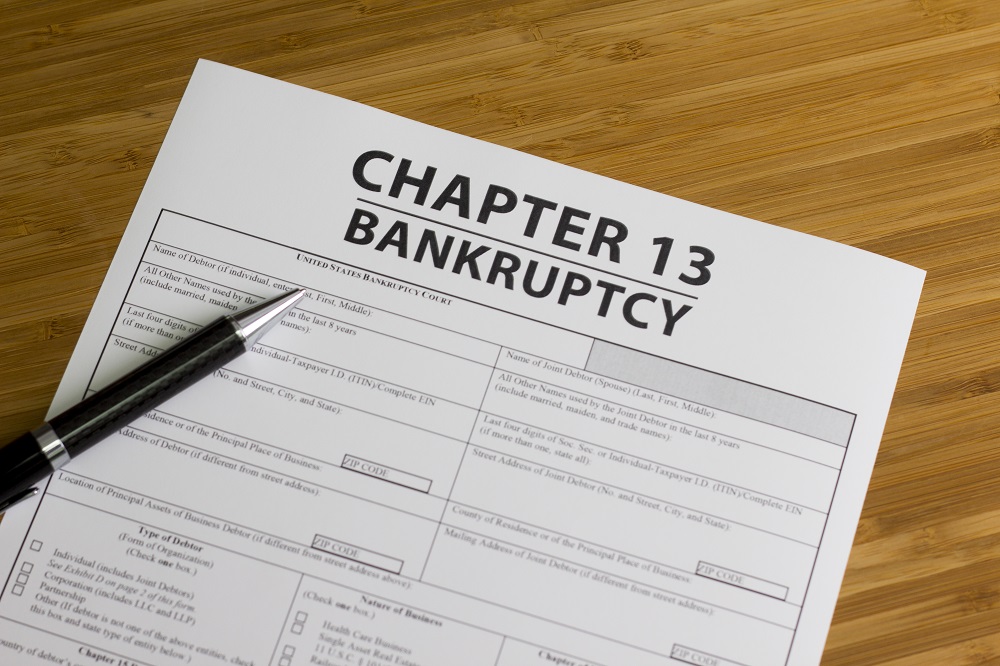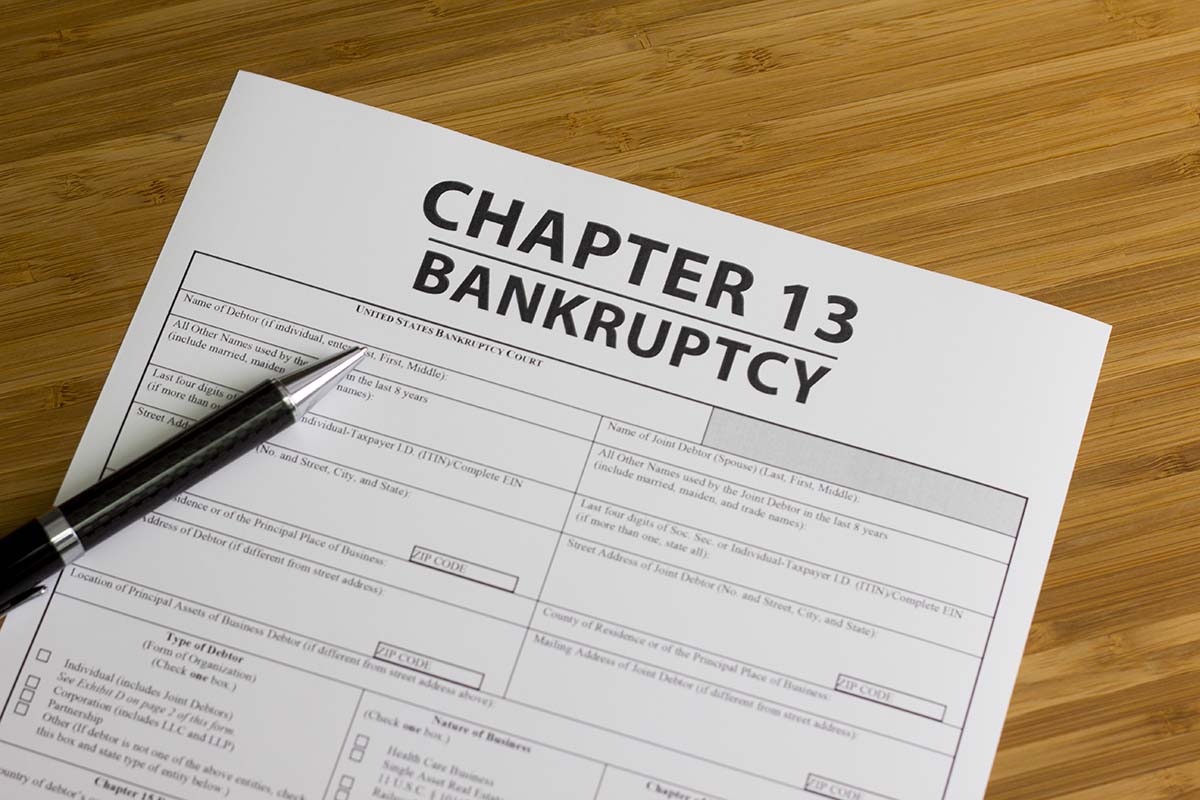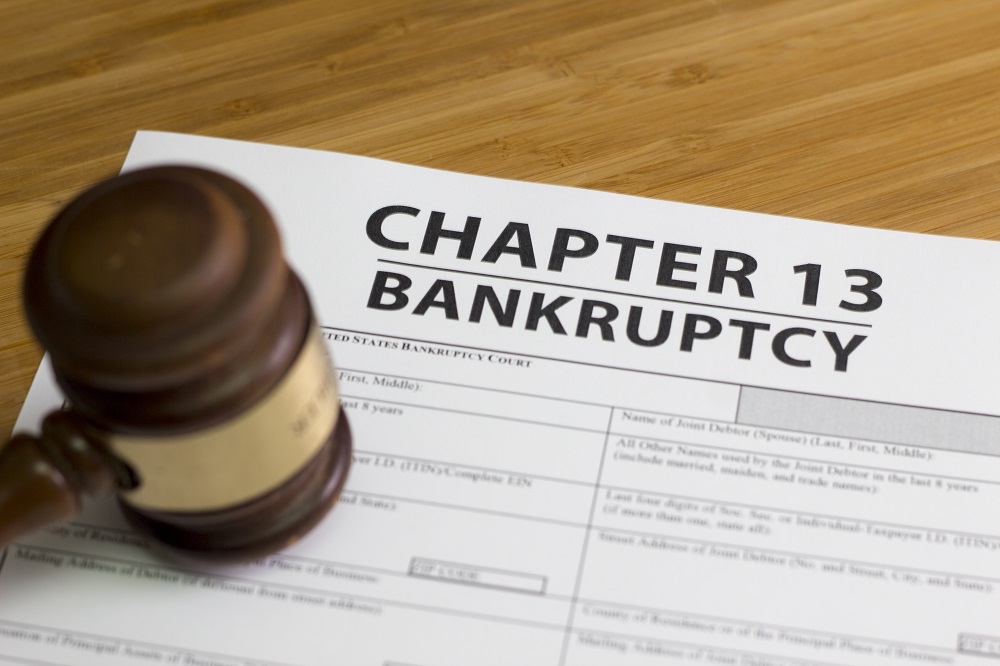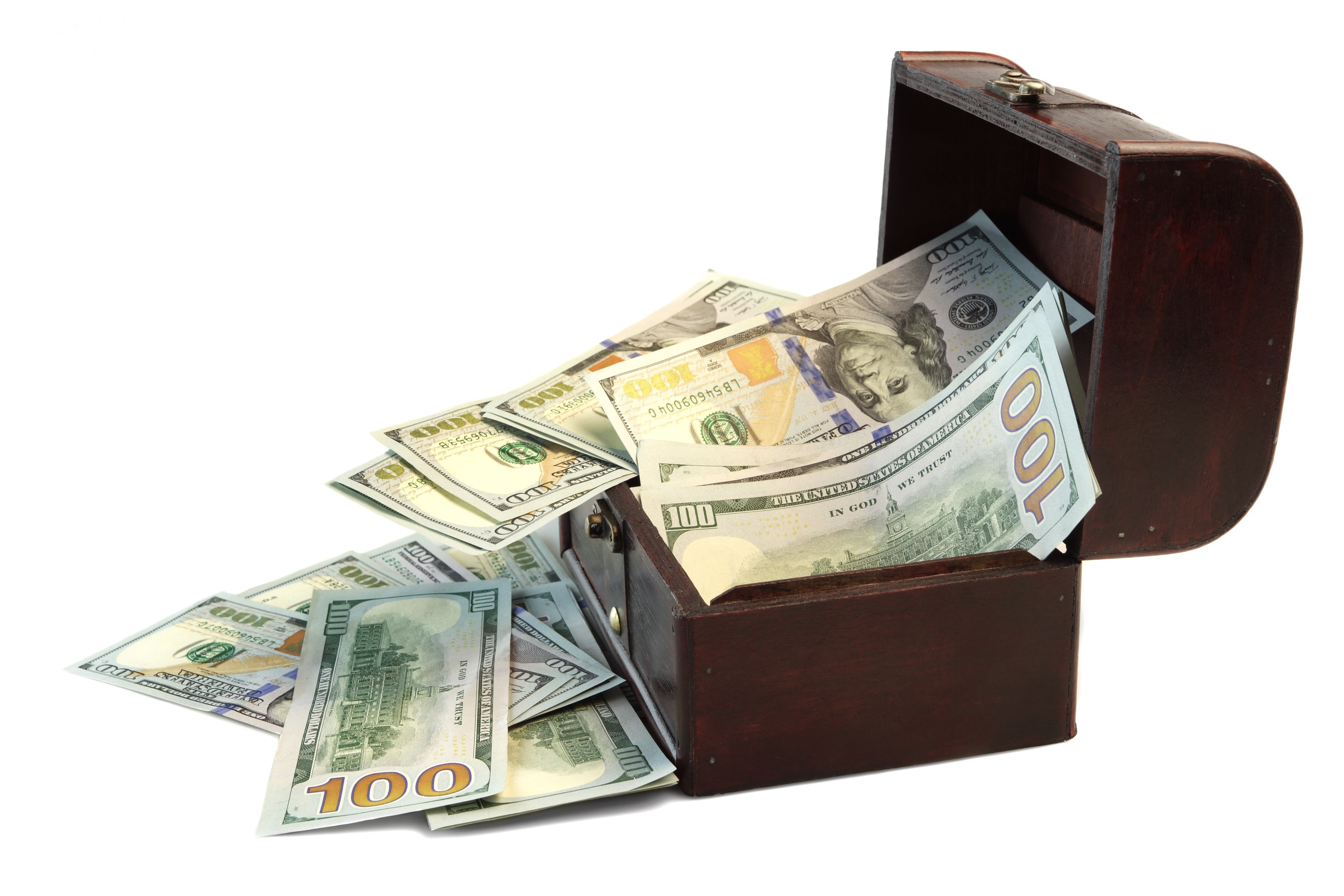Chapter 13 Bankruptcy: Eligibility And Overview Of Payment
Chapter 13 bankruptcy allows a debtor to pay back all or some of his or her debts to obtain a discharge. Unlike Chapter 7, where debtors are relieved from paying for their debts, Chapter 13 allows debtors to reorganize their debts and pay them back over time. This short overview of Chapter 13 will give a breakdown of who is eligible to file for Chapter 13, what reorganization means, how much you must pay, and how a lawyer can assist you.
Eligibility
To be eligible for Chapter 13 bankruptcy, the debtor must be an individual who:
- Resides in, does business in, or owns property in the United States;
- Has regular income;
- Has unsecured debts of less than $336,900;
- Has secured debts of less than $1,010,650;
- Is not a stockbroker or a commodity broker;
- Has not intentionally dismissed another bankruptcy case within the last 180 days; and
- Has received a briefing from an approved credit agency with the last 180 days
* Businesses cannot file for Chapter 13
What Does Reorganization Mean?
A debtor files for Chapter 13 to structure his or her debts and assets in a manner that will alleviate the negative impacts of unpaid debts in the future. Essentially, it is a proposal to pay some or all of the unpaid debt over time without having to liquidate most of your possessions.
How Much Must You Pay?
Priority Debts
Under Chapter 13, you are required to pay some debts in full. These debts are called a�?priority debtsa�? and include:
- Child support
- Alimony
- Wages owed to employees
- Certain tax obligations
Secured Debts
Your proposed plan must include regular payments on secured debts, such as mortgage and car loans. Other secured debts, such as judicial and tax liens, must be paid in full during the proposed repayment time.
Unsecured Debts
A debtor must either surrender nonexempt/unsecured property for liquidation in order to pay the unsecured creditor, or their value must be paid over the length of the plan.
Ability To Pay By Showing Amount Of Disposable Income
Debtors must show the Bankruptcy Court that they have enough disposable income to pay for the mandatory payments to priority and unsecured creditors, and for payments to unsecured creditors in an amount at least equal in value to the debtora��s nonexempt property. Disposable income is money left over after paying for reasonable living expenses, such as mortgage, food, utilitiesa��etc. A debtor may include income from a spouse even though the spouse has not filed for bankruptcy. In addition, the debtor must pay the trustee a commission based on a percentage of all payments made in the repayment plan.
Ariano & Reppucci
Call Ariano & Reppucci for a free consultation. We can assist with:
- Preparing a budget
- Strategizing a payment plan with secured creditors
- Preparing and filing all the necessary pleadings and forms
- Attending meetings with creditors and hearings
- Objecting to improper claims
- Obtaining a discharge upon the completion of the repayment plan
Call to speak with the experienced Phoenix bankruptcy attorneys at Ariano & Reppucci, PLLC.





